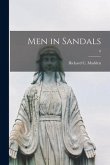Often cited as a source of biographical information on ancient Christian authors, On Illustrious Men provides St. Jerome's personal evaluations of his forebears and contemporaries, as well as catalogs of patristic writings known to him. Heterodox writers and certain respected non-Christians (Seneca, Josephus, and Philo) are included in this parade of luminaries, which begins with the apostles and concludes with St. Jerome himself and a list of his own works prior to 393, the year in which On Illustrious Men was composed. St. Jerome produced this work in his monastery at Bethlehem, to which he had retreated after his precipitous exit from Roman ecclesiastical politics. He had, however, maintained correspondences with several of his former associates, such as Dexter (the son of Pacian, bishop of Barcelona), to whom he addressed the work. Relying heavily on Eusebius's Ecclesiastical History, St. Jerome attempts to demonstrate the erudition and nobility of character which render Christianity immune to the criticisms of its cultured despisers. Since this work can be regarded as the patrology textbook of its day, its translator, Thomas P. Halton, has continued St. Jerome's mission by compiling bibliographical data on recent editions, translations, and studies of ancient writings mentioned in On Illustrious Men. Extensive footnote material and appendices furnish a wealth of information useful for patristic research. In addition, an index to all of the Fathers of the Church volumes published to date, listed by individual authors, appears in this, the hundredth volume of the series.
Hinweis: Dieser Artikel kann nur an eine deutsche Lieferadresse ausgeliefert werden.
Hinweis: Dieser Artikel kann nur an eine deutsche Lieferadresse ausgeliefert werden.

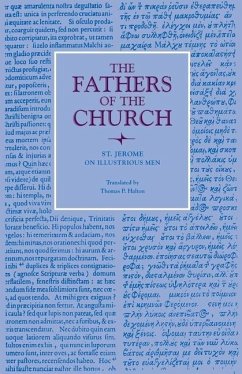
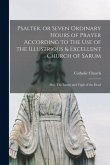
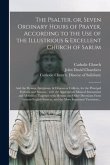
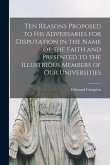
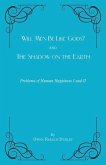
![Handbook of the Holy League of the Sacred Heart of Jesus for Men [microform]: With Hymns and Prayers Handbook of the Holy League of the Sacred Heart of Jesus for Men [microform]: With Hymns and Prayers](https://bilder.buecher.de/produkte/64/64362/64362630m.jpg)
![The Star of the West, or, National Men and National Measures [microform] The Star of the West, or, National Men and National Measures [microform]](https://bilder.buecher.de/produkte/65/65631/65631000m.jpg)
